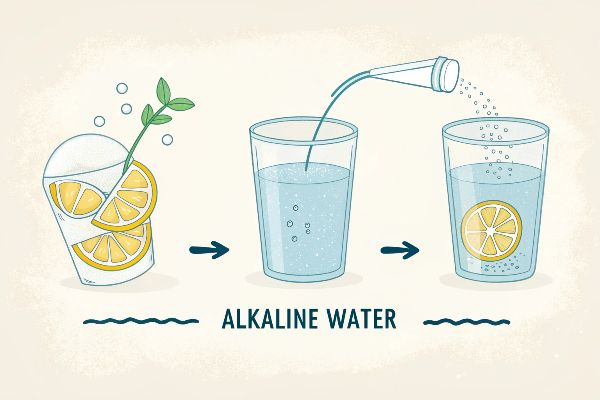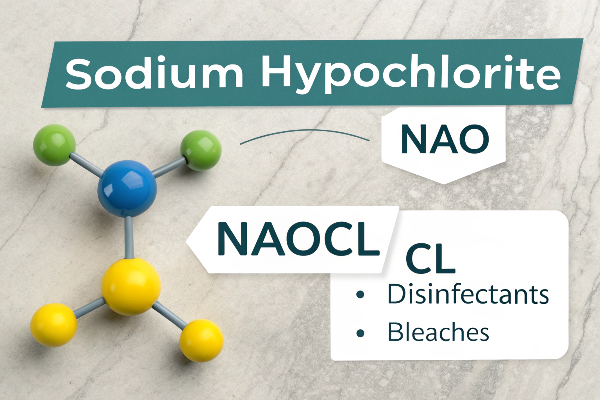Electroplating might seem like a process straight out of a modern alchemist’s handbook: turning ordinary metal into gold… well, at least in appearance. But how does this fascinating process work? And what magic does it employ to coat a mundane metal object with a layer of precious metal, making it resistant to corrosion, enhancing its appearance, or increasing its conductivity? Let’s dive into the electrifying world of electroplating and uncover the science behind it.
Electroplating is essentially a chemical process used to deposit a thin layer of one metal onto the surface of another by passing an electric current through a solution containing the metal ions to be deposited. This technique is widely used in various industries for purposes ranging from decorative to functional, such as preventing corrosion, reducing friction, improving wear resistance, and enhancing electrical conductivity.
The process begins with two electrodes: the anode, which is the metal to be plated onto the object, and the cathode, the object itself that is to be plated. Both are immersed in an electrolyte solution that contains one or more metal salts. The solution facilitates the flow of electric current and carries the metal ions from the anode to the cathode. When electricity is applied, the metal ions in the solution are reduced to metal atoms and begin to coat the cathode, creating a thin, uniform metallic layer.
What Makes Electroplating So Special?
Electroplating isn’t just a process; it’s a transformation. By depositing a thin metal layer onto another, objects gain new life. This technique enhances objects not only visually but functionally. It’s the reason behind the lustrous finish on jewelry and the corrosion resistance on car parts.
The magic lies in its versatility. From industrial applications to personal adornments, electroplating is essential. It makes materials more durable, conductive, and resistant to wear. This process extends the lifespan of everyday objects. It’s an unsung hero in manufacturing, silently improving product quality.

What sets electroplating apart is its ability to customize. Need a silver finish? Electroplating can do that. Require a non-corrosive surface? It’s covered. This adaptability makes it invaluable across sectors. It’s not just about making things look pretty. It’s about making them last longer and perform better.
The Science Behind the Shine
Electroplating is all about control. By manipulating electric current, we dictate how metal ions coat an object. It’s a delicate dance of electrons and ions, resulting in a perfect metallic layer. This precision is what makes electroplating so effective and fascinating.

The process relies on electrolysis, where electric energy drives a chemical reaction. It’s a clear demonstration of chemistry in action, showing how materials can be manipulated at the molecular level. This is what transforms a simple piece of metal into something more valuable and durable.
Understanding the electrolyte’s role is crucial. It’s the medium that carries metal ions from the anode to the cathode. The solution’s composition, temperature, and pH affect the outcome. It’s a complex science that requires expertise to ensure the quality of the electroplated layer. It’s science working to create beauty and resilience.

The Art of the Coat
Electroplating is as much an art as it is a science. The choice of metal for plating can significantly alter an object’s appearance and function. Gold for beauty and conductivity, zinc for corrosion resistance. Each choice brings a new character to the material.
The thickness of the plated layer matters immensely. Too thin, and it may wear off quickly. Too thick, and it might crack. Finding that sweet spot is where the artistry comes in. It requires a deep understanding of the process and the desired outcome. It’s what separates good electroplating from great.

Finally, the finish’s quality reflects the electroplater’s skill. A smooth, uniform coat without blemishes or imperfections is the hallmark of mastery. Achieving such perfection takes practice and attention to detail. It’s a testament to the electroplater’s artistry and dedication to their craft.
Challenges and Considerations
Despite its many benefits, electroplating is not without its challenges. The process involves handling hazardous chemicals and requires strict adherence to environmental and safety regulations. Moreover, achieving a uniform and defect-free coating requires expertise and precision, as the quality of the final product depends on numerous factors, including the cleanliness of the base metal, the composition of the electrolyte solution, and the control of the electroplating conditions.

The Future of Electroplating
As technology advances, so too does the field of electroplating, with new materials and methods being developed to improve efficiency, reduce environmental impact, and expand the range of applications. Innovations such as pulse plating and brush plating are making the process more versatile and environmentally friendly, promising a bright future for this age-old technique.
Conclusion
Electroplating is a fascinating intersection of science and industry, a testament to human ingenuity and our ability to manipulate the very building blocks of nature for our benefit. From the shimmering surface of a gold-plated ring to the corrosion-resistant coating on a ship’s hull, electroplating continues to play a vital role in both our everyday lives and the most advanced technological applications.





